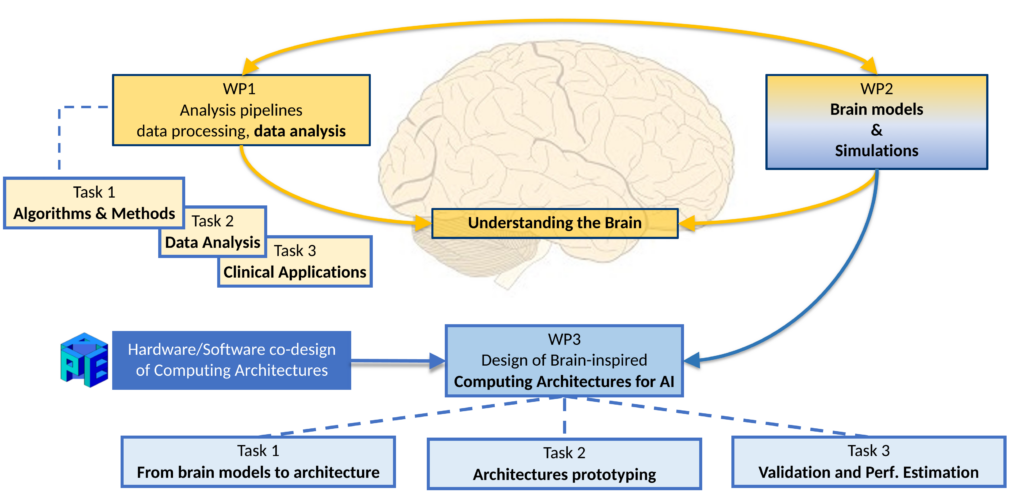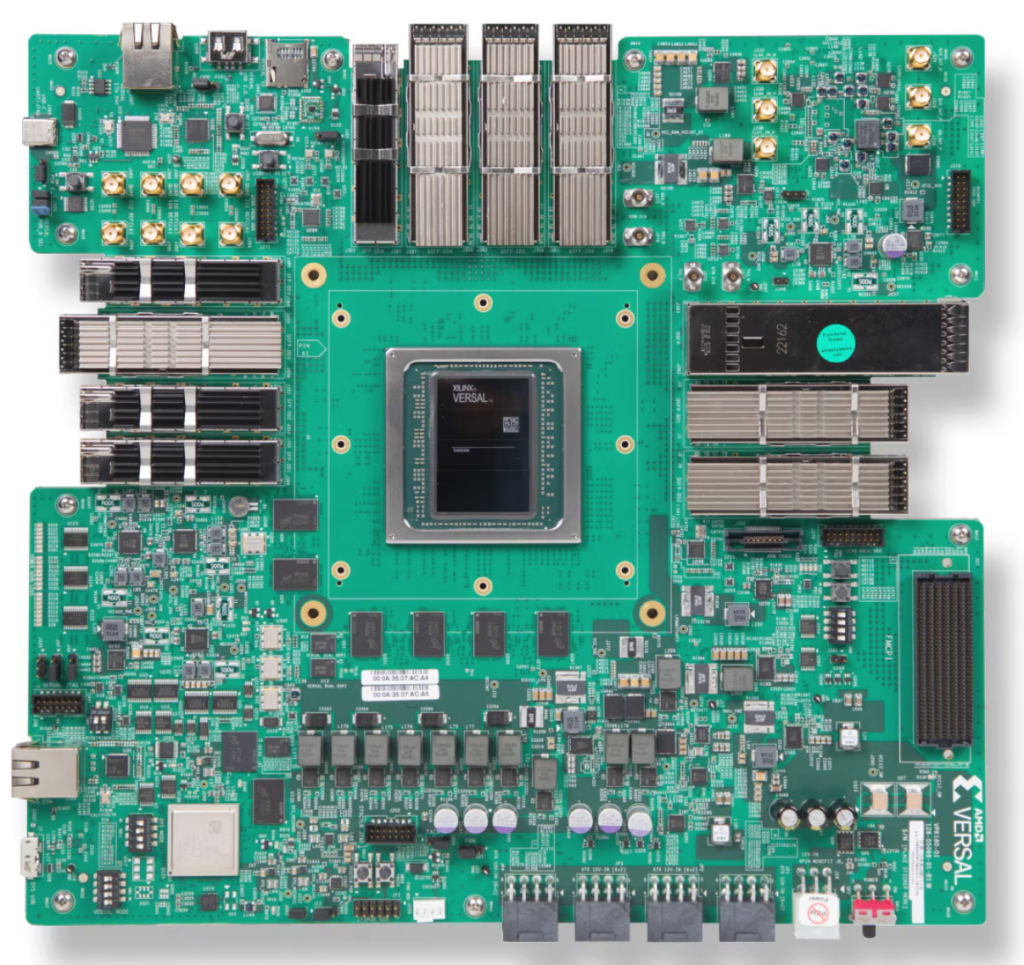BRAIN Studies and Technologies for Artificial Intelligence and Neuroscience
Local Manager: Roberto Ammendola; PI: Alessandro Lonardo (RM1).

Recent advances in neuroscience are largely attributable to the introduction of new data acquisition technologies and the availability of a vast number of recordings, characterized by great diversity in measurement techniques, resolution, and spatial and temporal scales of investigation. Quantity and variety—essentially, the richness of experimental data—present the challenge of establishing standardized procedures for data analysis, particularly for comparing different recordings (obtained with different techniques and from different laboratories) and defining common metrics that enable the quantitative comparison of results. This, in turn, enhances the complementarity of different experimental approaches and ensures the reproducibility of research findings.
Moreover, a robust and generalized analysis procedure allows for precise comparisons between experimental data and simulation results, facilitating model validation in data-inspired approaches and parameter calibration in data-constrained modelling approaches. These studies serve as a foundation for technological research, such as the design and prototyping of innovative computing architectures aimed at accelerating artificial intelligence applications that replicate some of the unique characteristics of the biological brain—such as extremely high energy efficiency, a high degree of parallelism, or the ability to incrementally learn from a few examples.
BRAINSTAIN’s objectives are, therefore, to integrate data analysis, theoretical models, and technology in order to both achieve a deeper understanding of the brain (including potential clinical applications) and develop biologically inspired artificial intelligence solutions, assessing neuromorphic systems and hw/sw co-design approaches.




















































































































